Is EXP Edition Really K-Pop? The Answer Isn't So Simple

What exactly is K-Pop? Is it just pop music made by Korean people, or is it something deeper? Can K-Pop be used to describe a set of conditions that are met by anyone aiming towards the Korean market, or is the term inherently nationality-driven? These are questions that have been echoed throughout the K-Pop community for ages by fans and insiders alike, and perhaps no group has prompted these questions to be asked more than EXP Edition. Since the first time information about the group was released, there has been controversy among onlookers regarding whether or not the group belongs in the same conversation as home-grown acts like EXO and BTS. It turns out that the answer isn't so simple, with people on both sides of the argument having valid points.
In their earliest press material, EXP Edition was described as "born in NY, made in Seoul." The idea was that the group - consisting of four international but definitively white members - would hone their skills in Korea, working to provide the same level of entertainment that other K-Pop groups were known for. The reality of the situation was a little bit different, as the group's debut left sour impressions upon many due to a perceived lack of training. You can see their video, "Feel Like This," for yourself and make a decision.
The video is at once familiar and uncanny; it hits a lot of the marks found in your average Korean boy group's video, but there's a consistent feeling that something is just a little bit off. The Korean pronunciation is labored, the�choreography is all but absent and both scenery and props are relatively limited. While the group members smile for the camera, it seems like their shortcomings are being covered for by literal smoke and mirrors, perhaps after being inspired by several other popular K-Pop music videos that featured the�use of the colorful effects.
While the debut of EXP Edition prompted fans with some difficult questions, it could hardly be accused of being outright offensive. It should be said that there's quite a big difference between mocking a�culture and simply failing to meet the mark in a more straightforward imitation of it, though it's clear to see where onlookers' interpretations might ignore artists' original intentions. EXP Edition begs you to make decisions about acceptance with their very existence, and how you perceive them might be a reflection of your own values.
When to elaborate on the group's place in the music industry, musicology expert Scott Interrante (who was involved with the project during its formation stages) had this to say:
"I think because of their origins and the concept behind the group, they're always going to occupy an odd space in K-pop. Inherently, they're an experiment or an Expedition, and even as they evolve as a group or become more popular, at their core, it will always have an element of being there to be provocative and to really push and test the boundaries of what can be accepted as "k-pop." So in that way, the reaction to it is expected, and it's kind of the point even. People react negatively to them on a visceral level because they have an idea in their head of what K-pop is and is not and EXP_Edition challenge that, intentionally. I think it would be ideal if people reflected a little more deeply on WHY they react so strongly, though, because that's really the point. It should force you to think about "what is K-pop?" I'm sure it has caused some people to think more deeply on that, but, predictably, the people who are most vocal online are just negative."
Indeed, provocative is an apt word to describe the group. They recently made another appearance on the weekly TV circuit with their single "Stress," and it was clear that improvements had been made to the group. The choreography was more prominent, and they hit most if not all of the standard marks of a good K-pop performance. Though the crowd didn't exactly drown the group in fan chants, the men projected confidence and cohesiveness.
After viewing the above performance fully, there are some questions worth asking. Perhaps most interesting is the following: other than race, what exactly separates EXP Edition from fellow upstart boy groups? Sure, they didn't have a stage packed with dancers or props, but they provided live vocals and choreography just like any other group would be expected to. EXP Edition's current reception seems to be the result of a conundrum of bias and expectations, and it's not obvious what they can do to navigate this difficult critical environment.
It's unclear exactly what the future holds for EXP Edition. Without much reaction from Korean fans, it's hard to gauge the group's place in the industry. To some, it might seem as if they only exist as a conceptual act of provocation. To others, they represent potential for international crossover and collaboration in a way that hasn't previously taken place. How one feels about EXP Edition can be a good indicator of how one feels towards cultural exchange in general. On the subject, Scott Interrante concluded:
"The quality of the music/videos seems beside the point, even. EXP-Edition are more like a philosophical question for people. "Do I accept this or not?" Even before they listen to them or watch them perform or watch the music videos. It's almost like an ethical debate."
SEE ALSO: 'New World' villain Park Sung Woong re-debuts as rookie singer 'No Geon'


 SHARE
SHARE





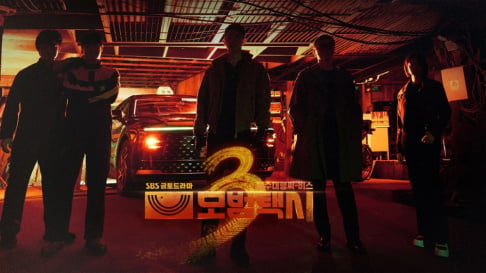

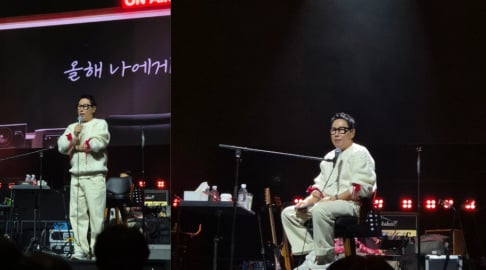






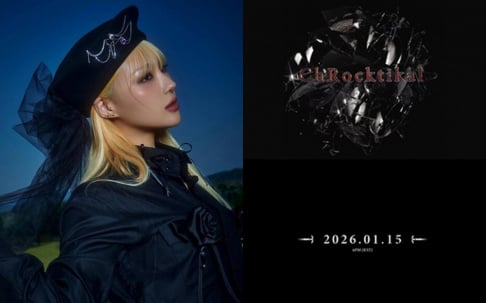


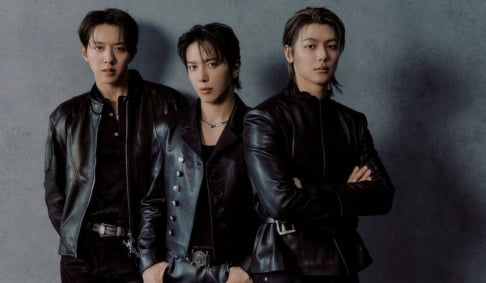






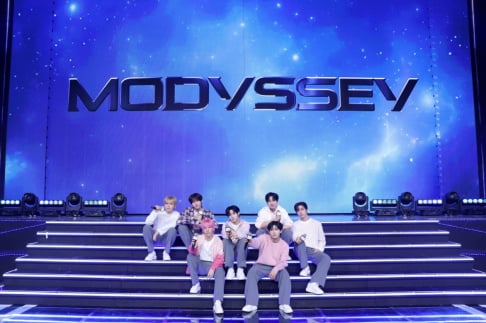
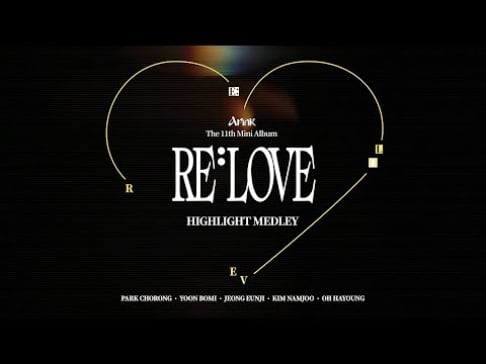

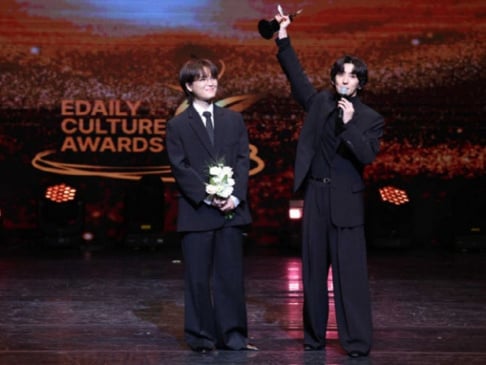


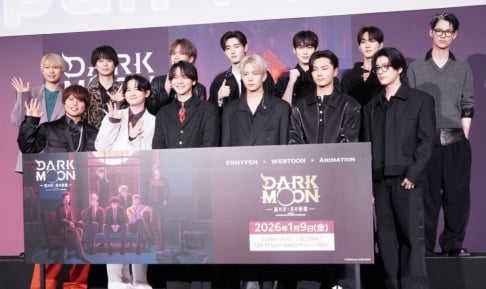



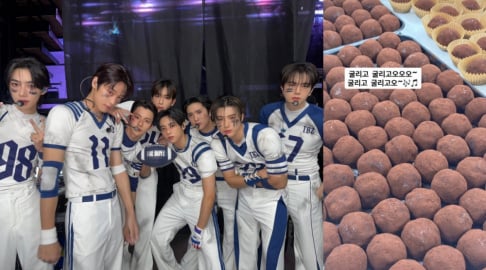
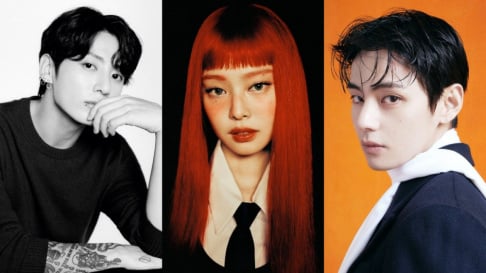

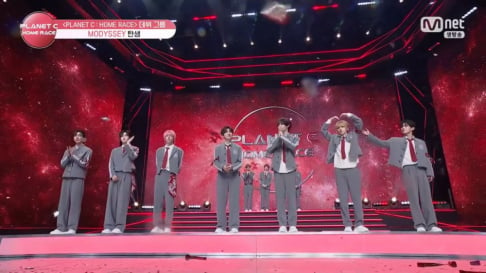








Log in to comment